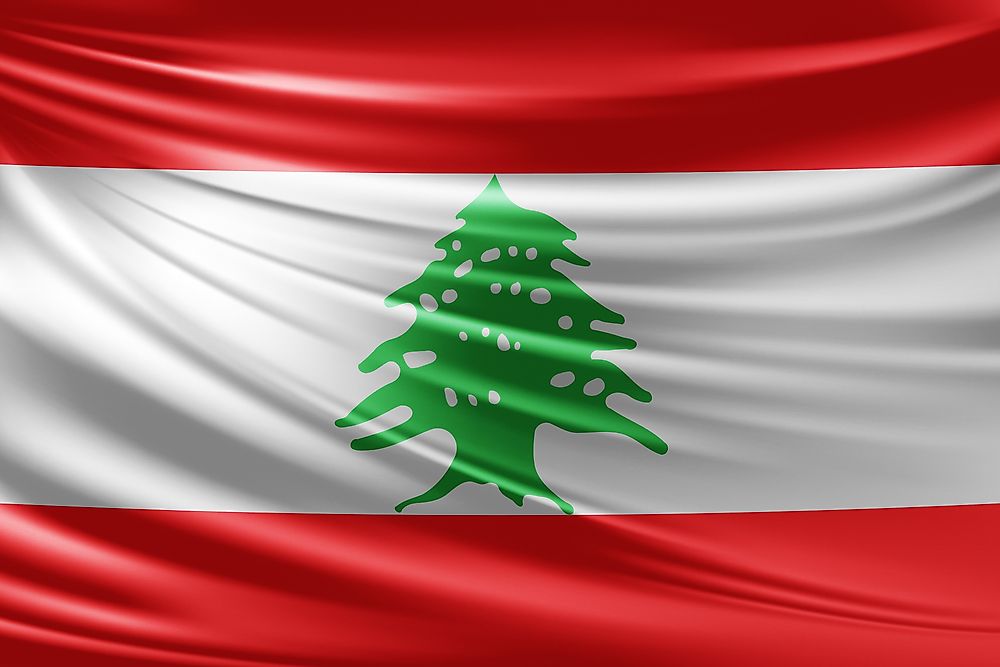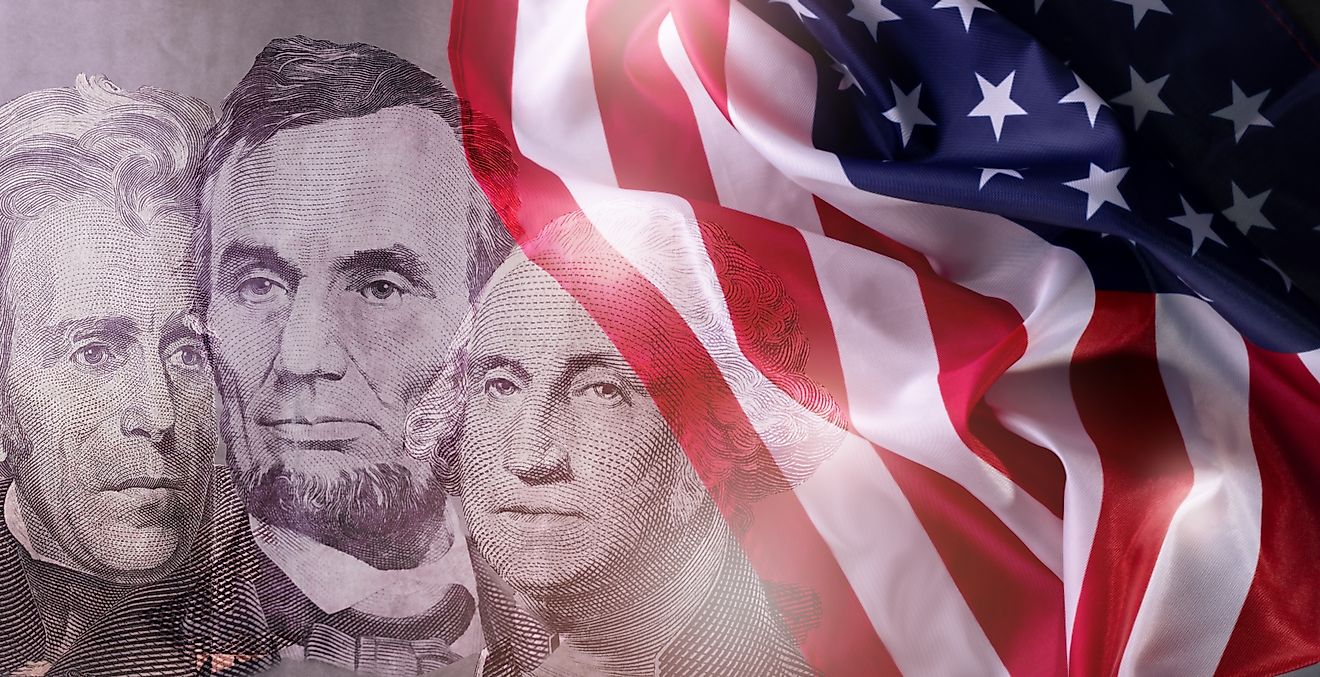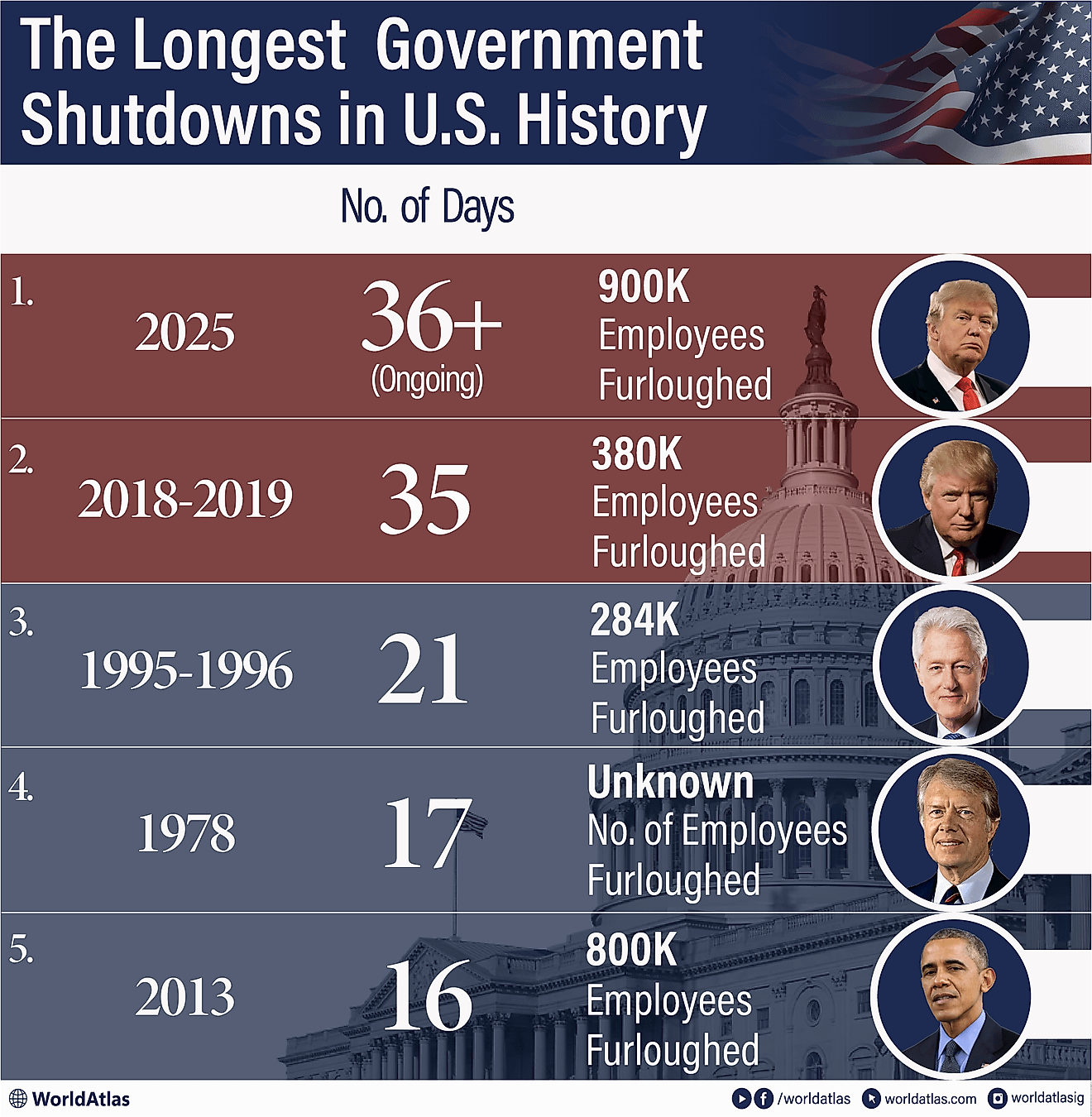What Type of Government Does Lebanon Have?

Lebanon is a parliamentary democratic republic in which the prime minister leads the executive branch of the government. The government of Lebanon is based on a confessionalism framework, which is a type of consociationalism, meaning representatives of particular religious communities hold the highest offices that are reserved for them in a proportional system. Lebanon's Constitution allows its people the right to change their government, but civil war hindered the country's citizens from exercising political rights from the mid-1970s until 1992, when parliamentary elections were held. According to the Constitution, direct elections for Parliament must be held every four years, the last of which occurred in 2009. The Lebanese president is elected by parliament to serve a single term of 6 years, and they are not eligible for re-election. The last presidential elections were held in 2016. The formation of political parties is permitted, and most parties in the country are based on the interests of particular sects. Following the Doha Agreement in 2008, the political arena of Lebanon was changed so that the opposition was permitted a veto power in the Council of Ministers of Lebanon and confirmed religious Confessionalism in the country's distribution of political power.
The Executive Branch of the Government of Lebanon
The Parliament is responsible for electing the president of Lebanon, who serves a single term of six years and cannot be re-elected. The president appoints the prime minister and deputy prime minister, based on consultation with Parliament. Additionally, there are certain religious requirements, such as the Speaker of Parliament must be a Shi'a Muslim, the prime minister must be a Sunni Muslim, and the president must be a Manorite Christian. According to the census data of 1932 upon which the confessional system is based, Manorites comprise of the population's vast majority. However, in recent years the Lebanese government has refused to hold a new census.
The Legislative Branch of the Government of Lebanon
The Assembly of Representatives is the country's national legislature. Since the 1992 elections, there are 128 parliamentary seats. The four-year term was recently increased to five. Parliamentary seats are elected through universal suffrage and are confessionally distributed, meaning each religious group is given a certain number. Despite religious affiliations, all candidates representing particular constituencies must get a plurality of the total vote, including followers of all confessions.
The Legislative Branch of the Government of Lebanon
Since Lebanon operates under a civil law system, its judicial branch is composed of Ordinary Courts and Special Courts. The Ordinary Courts include Courts of First Instance, Courts of Appeal, and One Court of Cassation. Special Courts include a Constitutional Council, a Supreme Court, and a military courts system. The Constitutional Council addresses the constitutionality of legal issues, and the Supreme Council is responsible for any charges against the prime minister and president, if necessary. Finally, the military courts presides over civilians accused of treason, espionage, and other security related crimes.
Political Parties in Lebanon
Lebanon has many political parties. However, the various parties play a much less significant role than in parliamentary democracies. Most parties are primarily a list of candidates endorsed by a local or a prominent national figure. Locally organized loose coalitions are established for the sole purpose of elections through negotiations between candidates representing different religious sects and clan elders. However, after elections, these coalitions rarely establish a united block in parliament since they only exist for electoral purposes.











